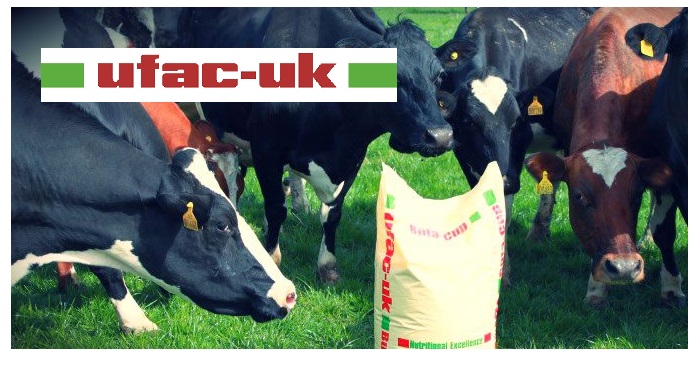The impact of a global shortage of sodium bicarbonate can be offset if farmers look for other buffering agents to maintain rumen health this winter, according to Robert Jones from UFAC-UK.
“Sodium bicarbonate is a tried and tested buffer for rumen diets but this year feed manufacturers and farmers will struggle for supplies due to a tightening supply as a result of production problems globally,” he said. “At the same time, demand for buffers is forecast to increase as a consequence of this winter’s anticipated forage supply.”
Mr Jones added that the major UK manufacturer was forced to declare force majeure on sodium bicarbonate contracts as a consequence of the carbon dioxide shortage. In addition, high demand in the European market coincided with interruptions to supply in Europe and China while two new lines which were expected to come into production in Turkey have been delayed.
“It is classic bad timing that the squeezed bicarbonate supplies have coincided with the difficult forage season,” he said. “Many grass silages have high acid loading combined with a low fibre index which will reduce natural buffering of the rumen. Low stocks, meanwhile, may mean forage intakes are reduced, increasing the proportion of cereals in the diet which will put further pressure on rumen health and maintaining an optimal pH.”
Mr Jones urged farmers to look at alternative buffers to ensure cows are able to digest the diet as effectively as possible to maintain rumen efficiency and help offset the predicted increase in costs of production this winter.
He said buffers based on glycerol will be particularly effective, explaining that like other buffering agents they help maintain optimum rumen health and fibre digestion thereby increasing dry matter intake. At the same, uniquely they supply glucose direct to the liver to drive up milk production, which will be particularly important in fresh calved cows this winter.
“By being aware of the likely sodium bicarbonate shortage, dairy farmers can take steps to incorporate other products to ensure their rations will ensure a stable rumen pH and optimal rumen health to drive feed efficiency,” he said.


